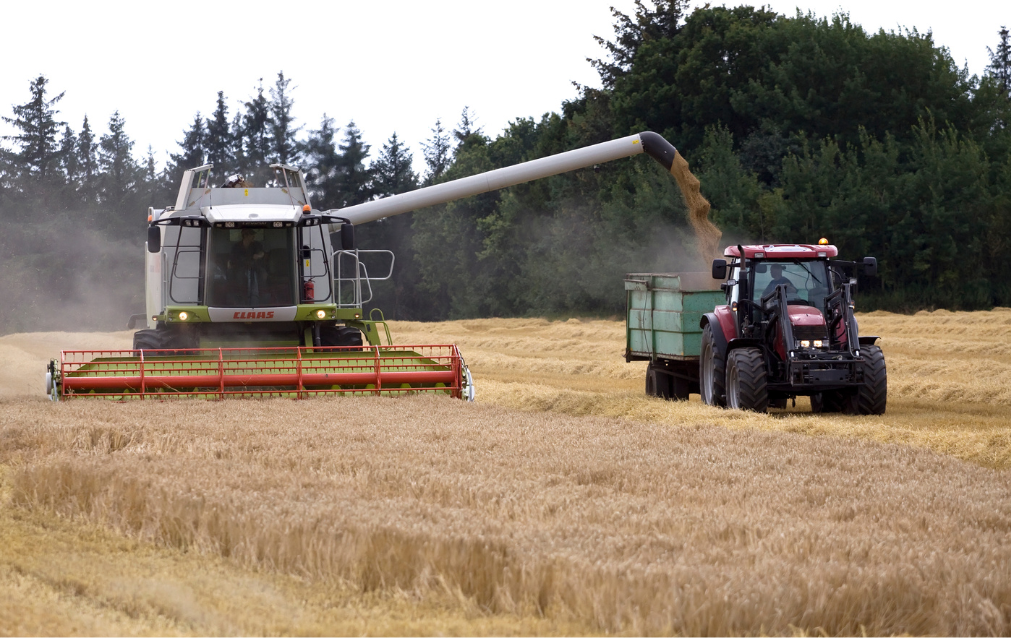More crop yield with microbes
With the world population projected to rise considerably, and thereby demand for sustainable agriculture and food systems, crop yield is one intervention area with great potential. The demand for agricultural resources drives up the demand for crop land, potentially at the cost of deforestation and the depletion of natural resources. Improving crop efficiency can boost yields without increasing the acreage.
For crops to become more efficient, a number of factors, including improved nutrient uptake, improved genetics, and the ability to counter environmental threats are critical. When it comes to the environmental impact of crop production, all efforts are important. More efficient agriculture also means growing more with less or the same resources.
By inoculating seeds with products from Novonesis, yield increases between 3-7%
The Danish biotechnology company, Novonesis, has developed two microbial seed inoculants, Jumpstart® and Optimize®, that give crop seeds an extra edge. By treating soy, wheat, corn, forage grasses and other types of seeds with these inoculants, biological processes can be enhanced and higher yields can be achieved. By utilizing naturally occurring microbes and molecules, uptake of phosphorus and nitrogen is boosted to make better use of the available nutrients.
Increased yield with same input
By inoculating seeds with products from Novonesis, yield increases between 3-7% were observed in field tests, depending on soil and crop type. For instance, it has been shown to increase yields of soybeans in different regions. This suggests that small amounts of the products can increase yields while keeping resources at the same level, (without adding anything else than the usual fertilizers etc.) potentially leaving more profit for the farmer. Additionally, the improved use of the available nutrients can lead to other beneficial aspects such as reduced need for fertilizer, reduced tractor runs through the field etc.
A win for the farmer
An increase in productivity by using microbial inoculants can lead to economic benefits for the farmer. More output with the same input is obviously more efficient, but other, slightly more hidden benefits, can be achieved:
- Larger roots of the plants mean more carbon stored in the soil.
- Reduced nitrogen losses to the aquatic environment.
- Less nitrogen is converted to nitrous oxide, a potent greenhouse gas, reducing the emissions to the atmosphere.
- Up to 15% less CO2e emissions from the whole life cycle of the crop, shown in US field tests with corn.
- Healthier soil.


